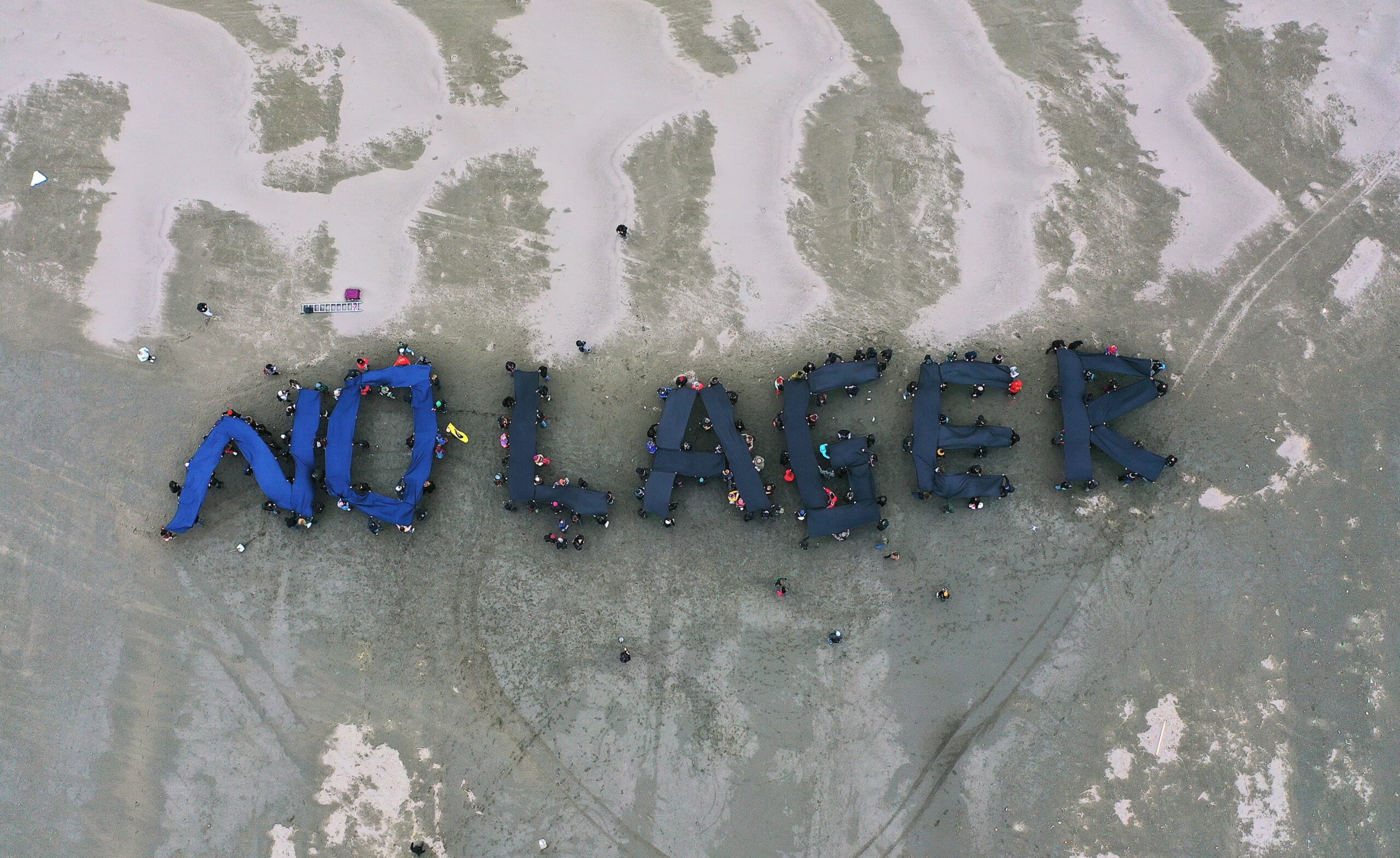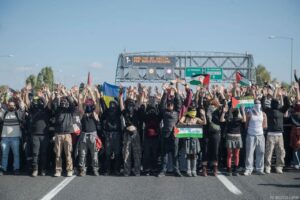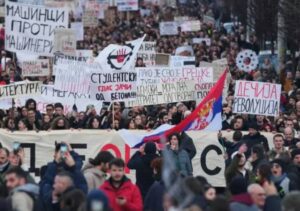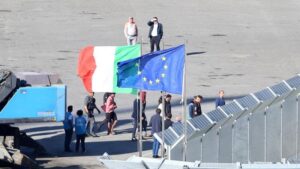The manifest of Network Against Migrant Detention
Despite the decision of the Italian government to suspend the deportation of migrant people to Albania, we as Network Against Migrant Detention have decided to stick to our mobilization on December 1 and 2 in Tirana, as well as at the centers in Gjadër and Shëngjin, to express our dissent against the deportation system established by the Protocol. While this failure represents a temporary stalemate, we are well aware that the logic driving these policies is far from defeated.
Just weeks after the Protocol’s implementation, the use of the hotspot and detention facilities in Albania has been suspended, at least until the European Court of Justice issues its rulings. The mechanism has stumbled over the definition of a “Safe Country of Origin” temporarily challenged by the October 4, 2024 ruling by the European Court of Justice. The ruling states that a country cannot be deemed safe unless it is so across its entire territory and for everyone. In practice, every case must be evaluated individually, and judges must consider whether the country in question is actually safe for the specific individual at the time of the decision. Thanks to this ruling, Italian judges have repeatedly disregarded the executive orders imposed by the Meloni government through emergency legislative decrees.
While this partial victory reflects a European legal framework that still withstands the harsh blows inflicted by illiberal right-wing forces and governments of all political stripes, it has been achieved through struggles, above all those of migrant people themselves, affirming the right to asylum and freedom of movement. Therefore, we believe that relying solely on the judicial system is insufficient to halt these policies. The horizon towards which the Protocol is heading is the implementation of the New Pact on Migration and Asylum planned for June 2026. This will introduce new criteria for defining safe countries of origin, broadening the scope for accelerated border procedures. At that point, the design of externalization embodied by the Italy-Albania Protocol might face no further obstacles and could serve as a model to be replicated in other EU Member States.
For this reason, over 200 activists from Italy, Albania, and Greece have gathered this weekend in Tirana, staging protests in front of the hotspot at port of Shëngjin, the detention center in Gjadër, the Albanian government headquarters, the Italian Embassy, and the European House.
Our goal is to lay the groundwork for a broad pan-european and transnational mobilization capable of opposing these policies in the long term.
As members of the Network Against Migrant Detention, we demand:
- The dismantling of Italian detention centers on Albanian territory, rejecting any repurposing for other forms of detention
- The abolition of any form of administrative detention for migrant people and asylum seekers.
- The abolition of the concept of a “Safe Country of Origin,” which serves only to restrict international protection.
- The withdrawal of Italian military forces from Albanian territory and their immediate return to Italy.
- The opening of safe, legal and accessible pathways, the right to mobility and self-determination for all migrant people, and the granting of the right to circulate freely, regardless of motivations and status recognition
The Network Against Migrant Detention sets the following objectives:
- To oppose the Meloni-Rama Protocol and the model it represents through various political tools, including information campaigns, public mobilizations, strategic litigation, and pressure involving opposition politicians from Italy and Europe, creating a broad, cross-sectoral, and interdisciplinary movement.
- To obstruct the construction of new detention and deportation centers and the strengthening of existing ones in Italy and Europe, promoting a counter-narrative to the populist rhetoric that exploits fear to justify militarized forms of security. This includes exposing the administrative detention industry, highlighting violations of fundamental rights within detention centers, and proposing a reception model centered on dignity, autonomy, and the development of migrant people’s life projects.
- To build a transnational and trans-European movement that establishes the struggle for universal freedom of movement as a fundamental condition for the radical democratization of this political space. This movement stands against both the rise of nationalist, illiberal conservatism in Europe and the neoliberal institution of the EU. Both in continuity with each other, reinforce violent systems of rejection and selection of migrant people.
- To forge connections beyond European territories with those opposing the EU’s border externalization policies, rejecting the neocolonial coercion imposed by agreements with third countries in exchange for European integration and economic support.
